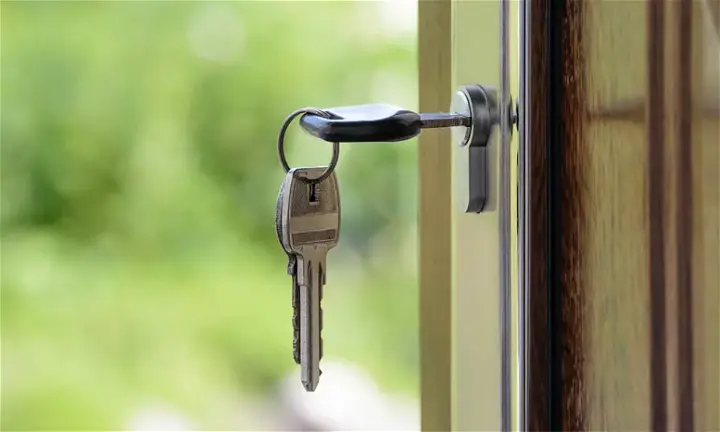What is landlord insurance and do I need it?
As a prospective or current landlord, you may hear a lot about landlord insurance. It’s not always clear who needs to take out landlord insurance and what the exact benefits are. Here is a quick run-down of the important aspects of landlord insurance to help you make an informed decision.
What is landlord insurance?The most basic form of landlord insurance protects you from any risks associated with the property you are renting out. There are many types available and different policies and lenders will offer various add-ons, depending on your situation. The policy will provide buildings and/or contents insurance in the same way a homeowner’s policy would, but with the awareness that this is a rental property. A contents policy will not insure your tenant’s belongings – they should take out their own insurance to cover their possessions.
Do I need it?There is no legal obligation to take out landlord’s insurance – it just makes sense. Although the government does not legally require it, landlords would be wise to take out as much cover as possible. This will protect you in the event of any incidents occurring at your property; whether it be tenants injuring themselves, unpaid rent or damage to the building, you do not want to foot the bill unexpectedly. Some lenders may also make it a requirement for taking out a buy-to-let mortgage. Some landlords choose to make do with homeowner’s insurance, but this may not cover you and could break the terms of your mortgage. You may not need all the extra add-ons, but it’s worth thinking about your situation before choosing a policy.
What kinds of insurance are available?The minimum insurance you should take out should cover your buildings and contents insurance, but there are other options that could be worth your while. • Liability insurance - this protects you from legal action if an injury or death occurs on your property. It is often a requirement for student or social housing landlords; • Loss of rent - if the property cannot be rented out as it has been rendered uninhabitable by a covered event, your loss of income will be reimbursed; • Accidental damage - this covers any accidental damage that does not result from pets, wear and tear or bad workmanship; • Tenant default - some insurers offer cover if tenants don’t pay their rent (normally dependent on certain criteria); • Unoccupied property - your property is still covered when it is empty, normally provided that certain conditions are met; • Landlord home emergency - this ensures you have access to round-the-clock assistance for heating, power, drainage or plumbing problems, as well as compromised security in some cases. Call out fees, labour and materials are normally covered and some policies offer alternative accommodation for tenants; • Legal expenses - disputes with tenants, evicting squatters and all manner of issues can incur legal fees for landlords. You can also get cover for costs incurred through legal action from tenants.
If you’re not sure what you need, it’s better to be safe than sorry. It is worthwhile shopping around for the best offers from different providers before making a choice. Check out some more of our articles for landlords to see if there’s anything else you need to know before you take the plunge.
Author: Roomlala



